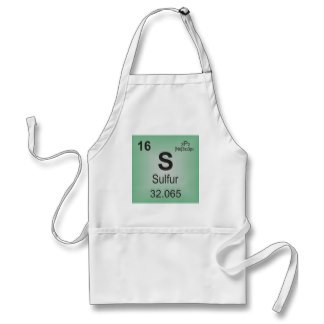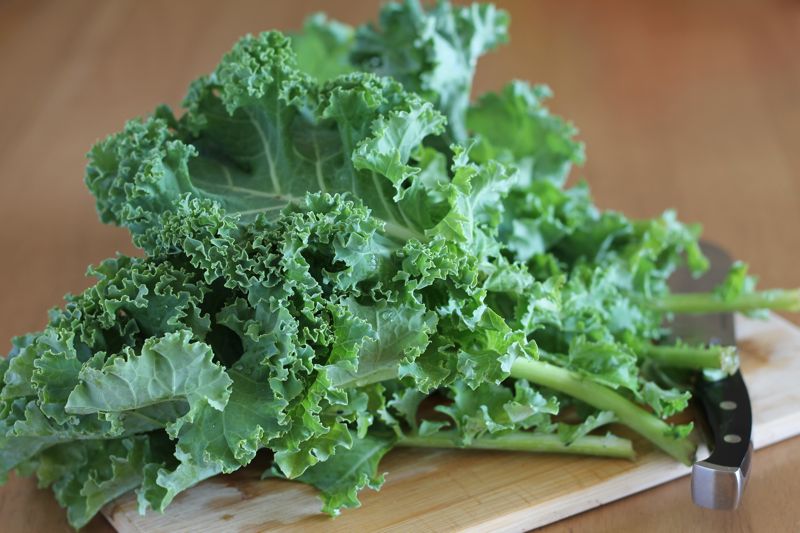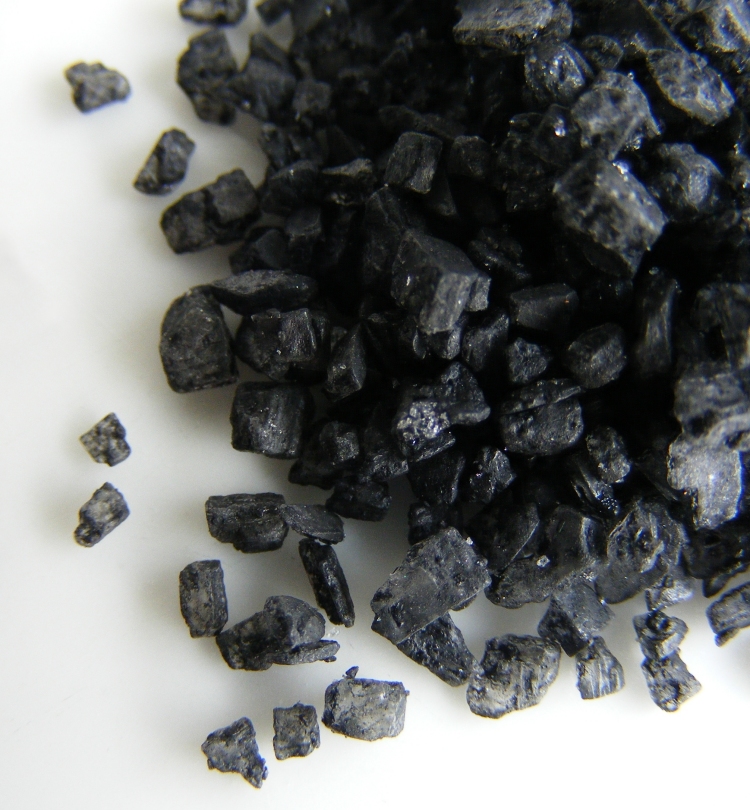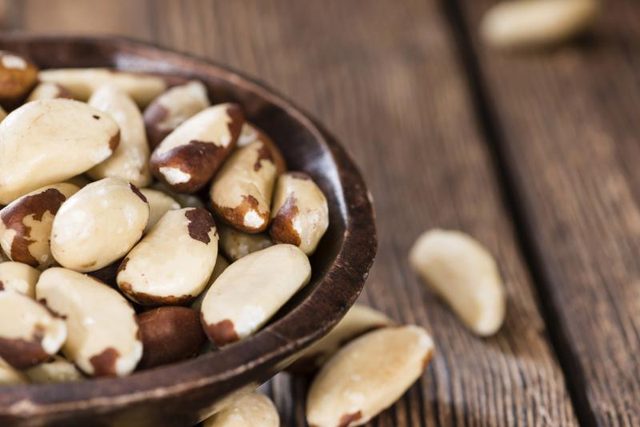
The recent online international conference, The Detox Summit, highlighted the dramatic increases in the amount of toxins residing in our environment and advised us to fully optimise our internal detoxification pathways in order to handle this as efficiently as we possibly can. Detoxification has become, not merely a weekend activity, but a way of life.
In this article we look at the intertwined roles that both sulphur and methionine (an amino acid component of protein) have in detoxification and why it is important to get enough of both in your diet. For vegans methionine is one of the amino acids to keep an eye on.
What Does Detoxification Actually Mean?
People use the term ’detox’ to mean many things but it does now have a particular scientific meaning. Detoxification, also known as biotransformation, is a set of processes that predominantly happen in the liver. Toxins pass through various stages and are transformed along the way. They are being prepared so that they can be safely eliminated from the body, which normally means they go down the toilet!
Toxins are substances that may have come from outside the body, possibly entering with food or in the air, but they may also have been generated inside the body as by products of the many biochemical processes that happen every second.

The Role of Sulphur in Detoxification
The key stages of the process are called Phase I and Phase II detoxification. Sulphur is involved in Phase II, where the toxins are joined to one of several organic molecules for safety and elimination, as this reduces the ability of the poisonous substance to cause any harm. Sulphur is one of these important molecules.
Dietary Sources of Sulphur

Good food sources of sulphur include kale (of course, when is kale not involved in healthy diets?) and other cruciferous vegetables; as well as eggs, Brazil nuts, onions, garlic and leeks.
Himalayan Black Salt

Himalayan Black Salt, has always been traditionally known as a good source of sulphur, you can smell it! It is locally called Kala Namak and is great for raw foodies and vegans who use it creatively to mimic egg dishes.
Absorption of Sulphur from Food
It is important to eat foods rich in sulphur, but also essential to know that relatively little sulphur is actually absorbed from foods. Most of the sulphur we use in the body comes from the amino acid (one of the building blocks of protein) called methionine.
Methionine and the Vegan Diet

What this means is that it is important to consume enough protein in the diet so that we have enough of its component, methionine, to be able to use some of it as sulphur in liver detoxification. Legumes and nuts are relatively low in methionine and so vegans and vegetarians need to be more careful to ensure that they are getting an adequate mix of plant proteins in their diet. Methionine can be found in foods including Brazil nuts, sesame seeds and spirulina.
Be the first to post a message!